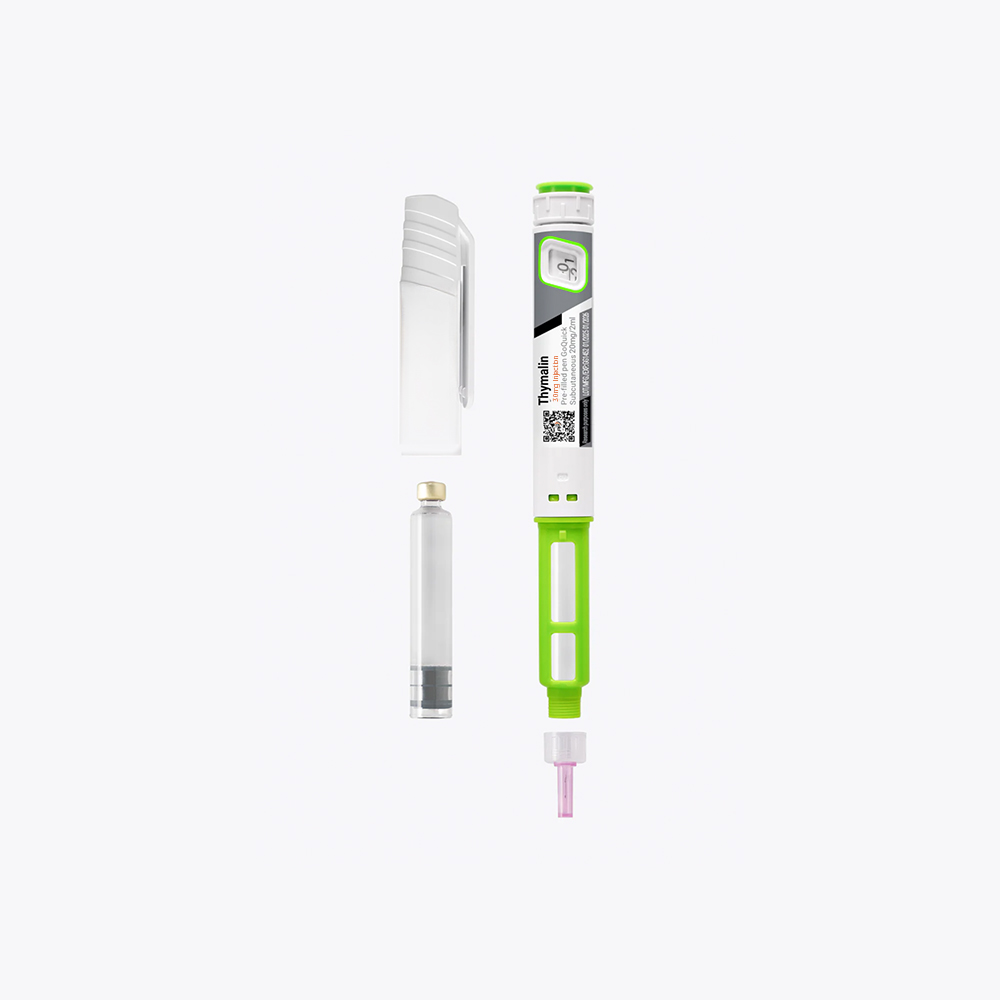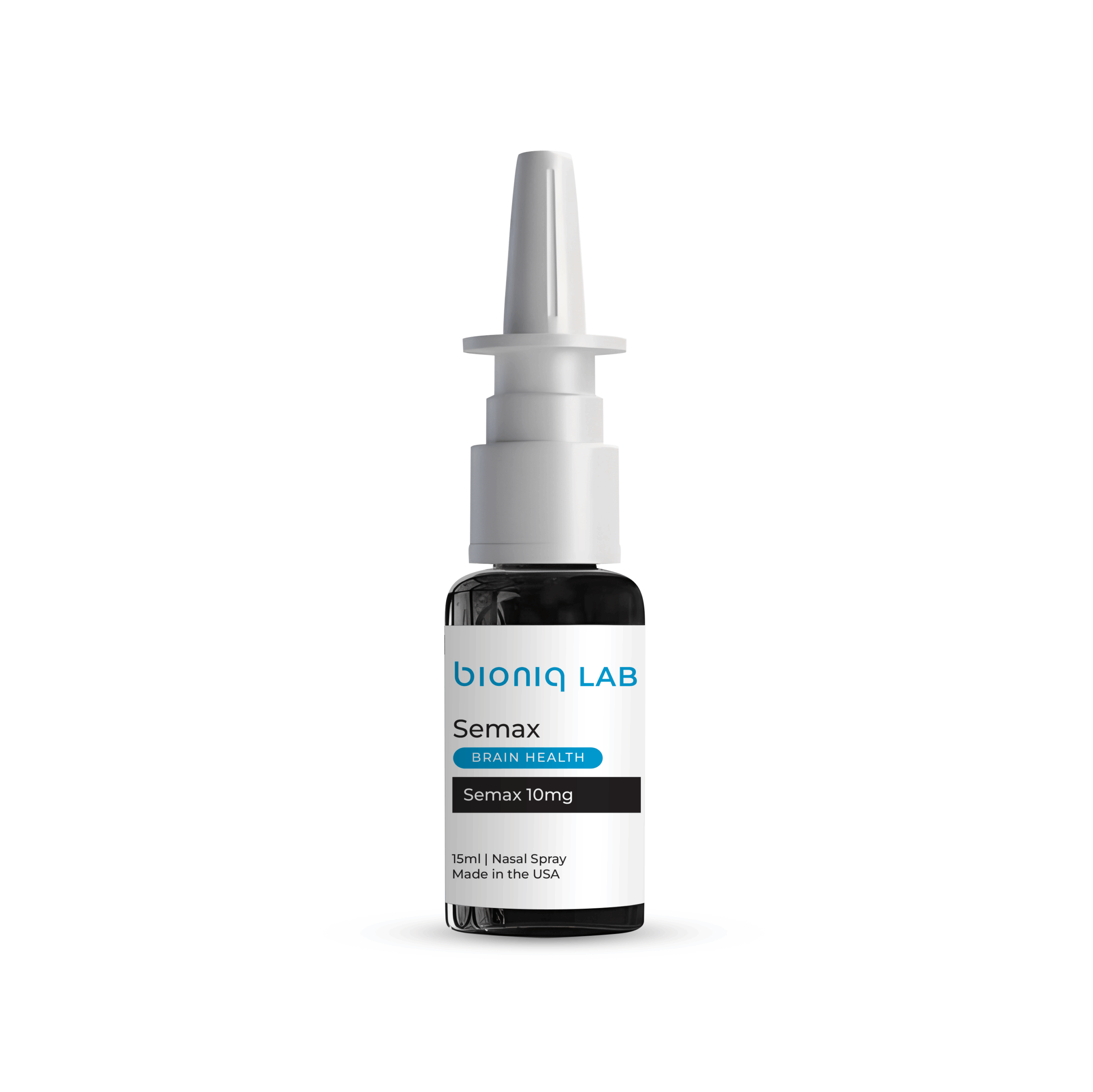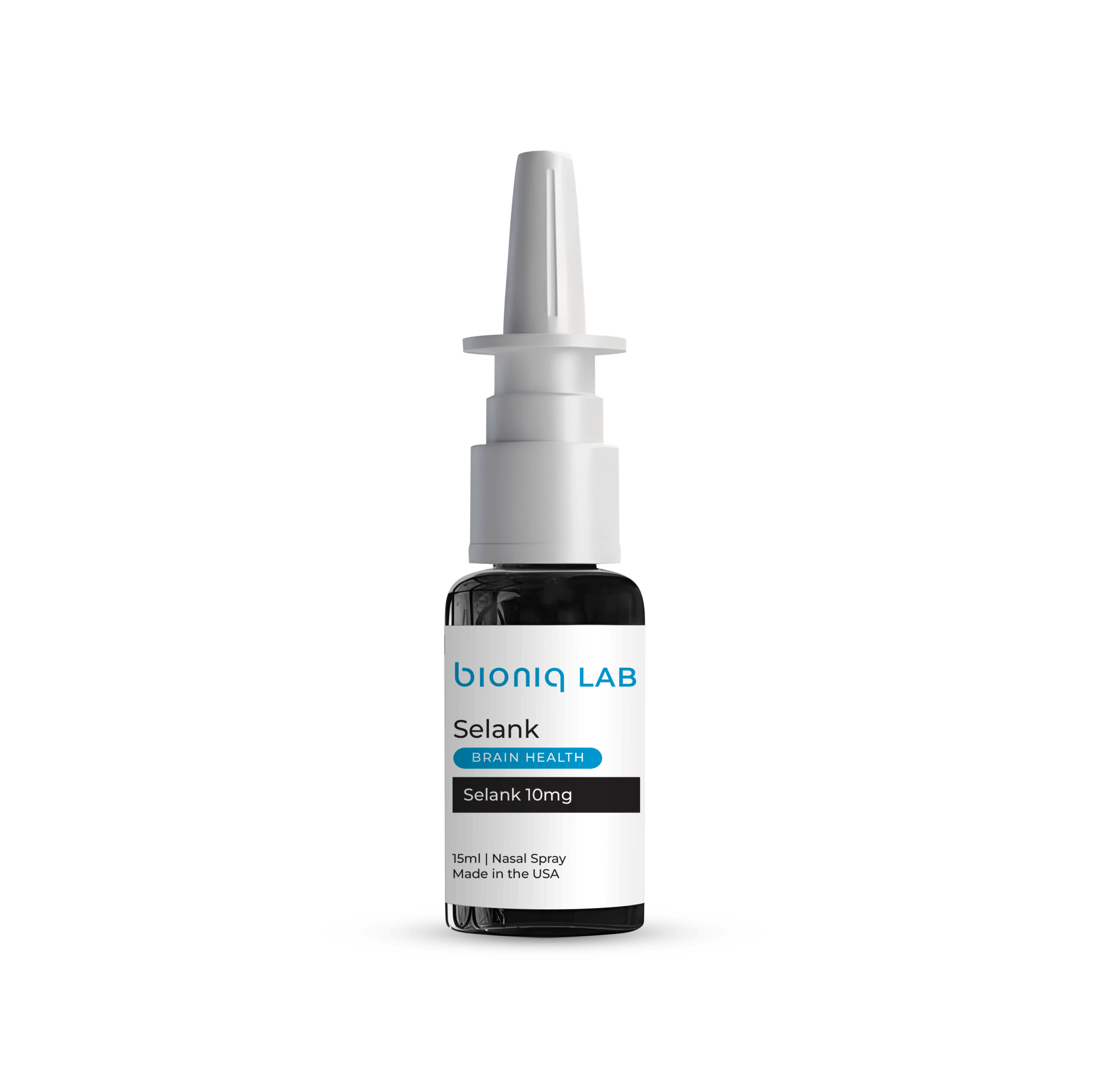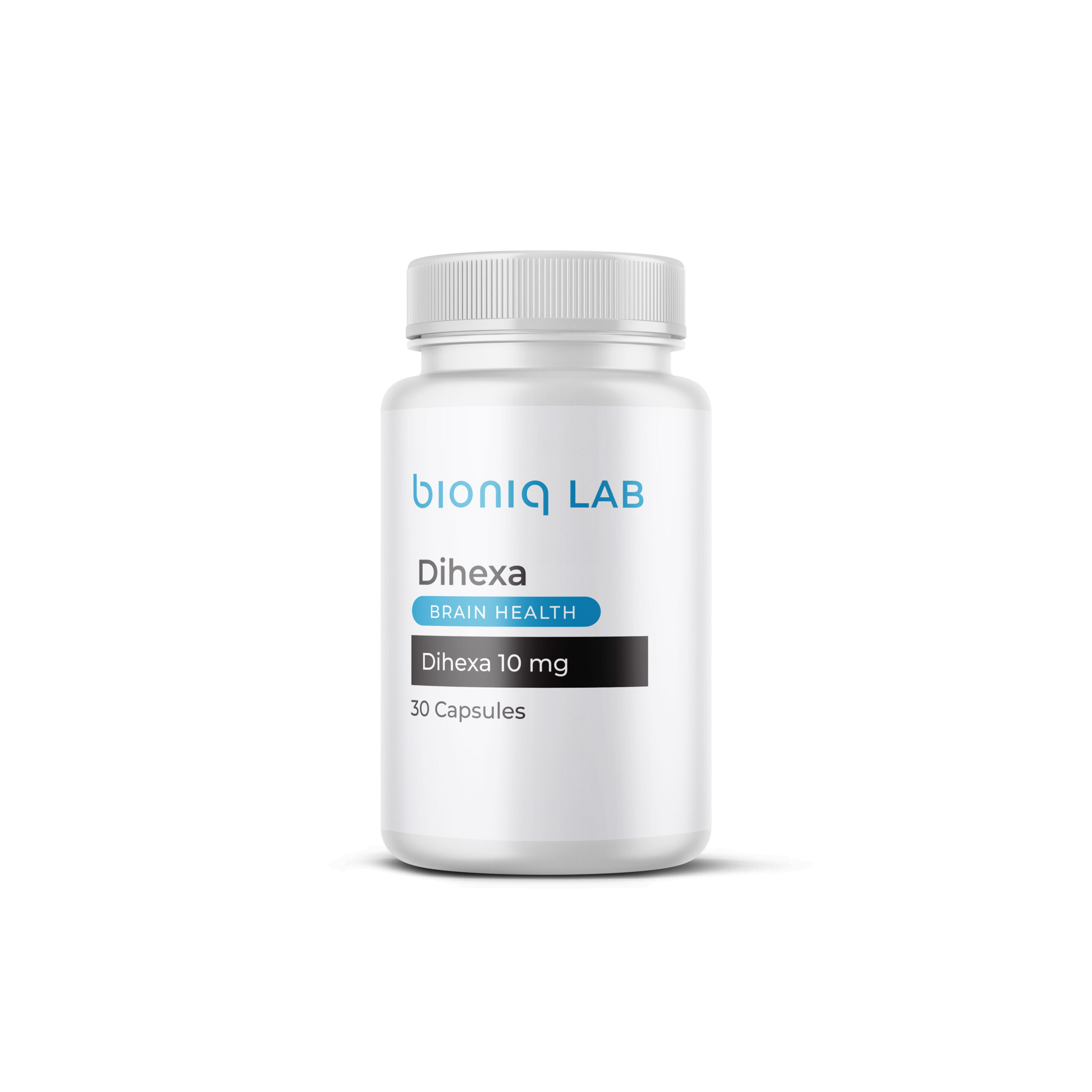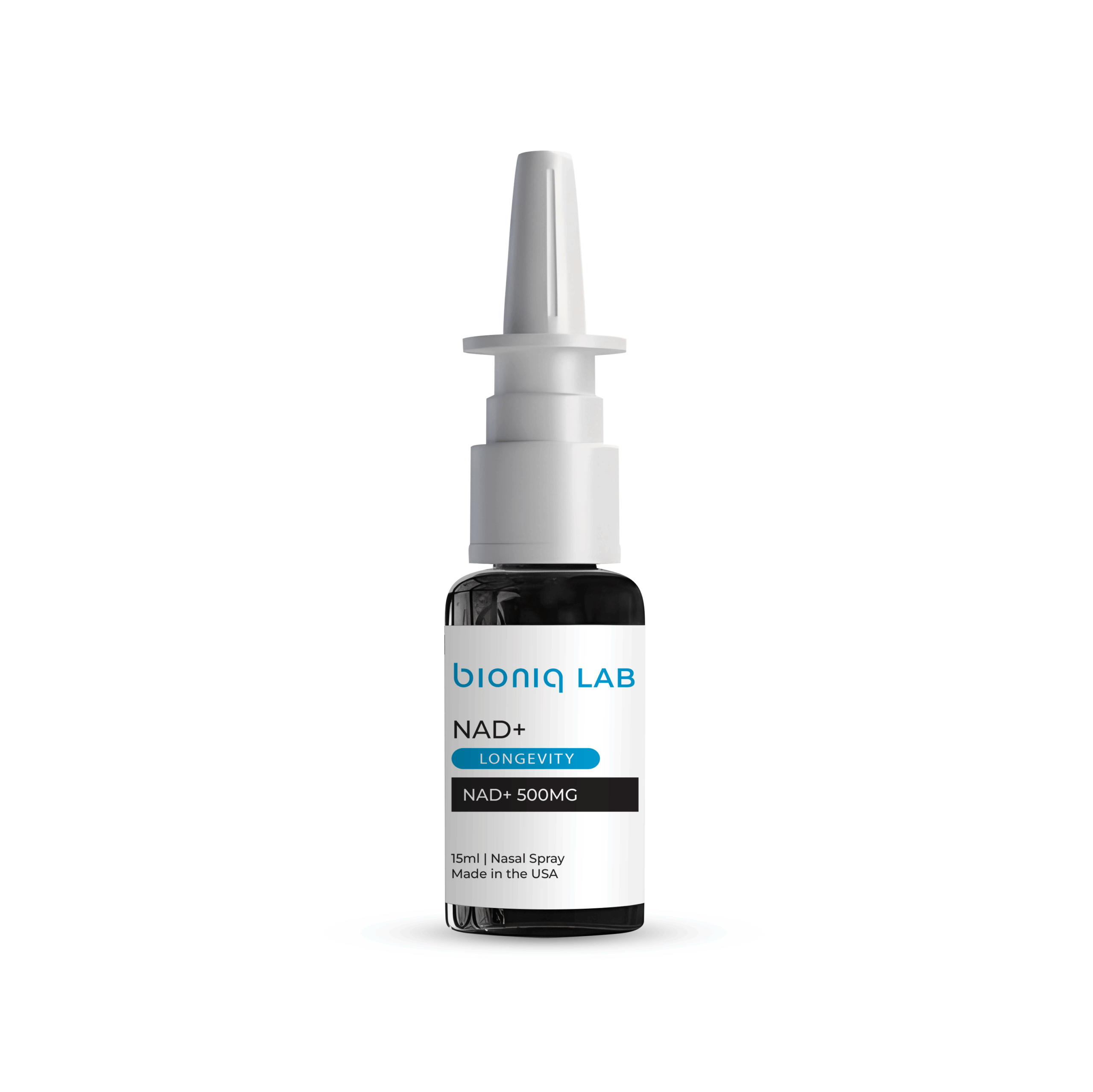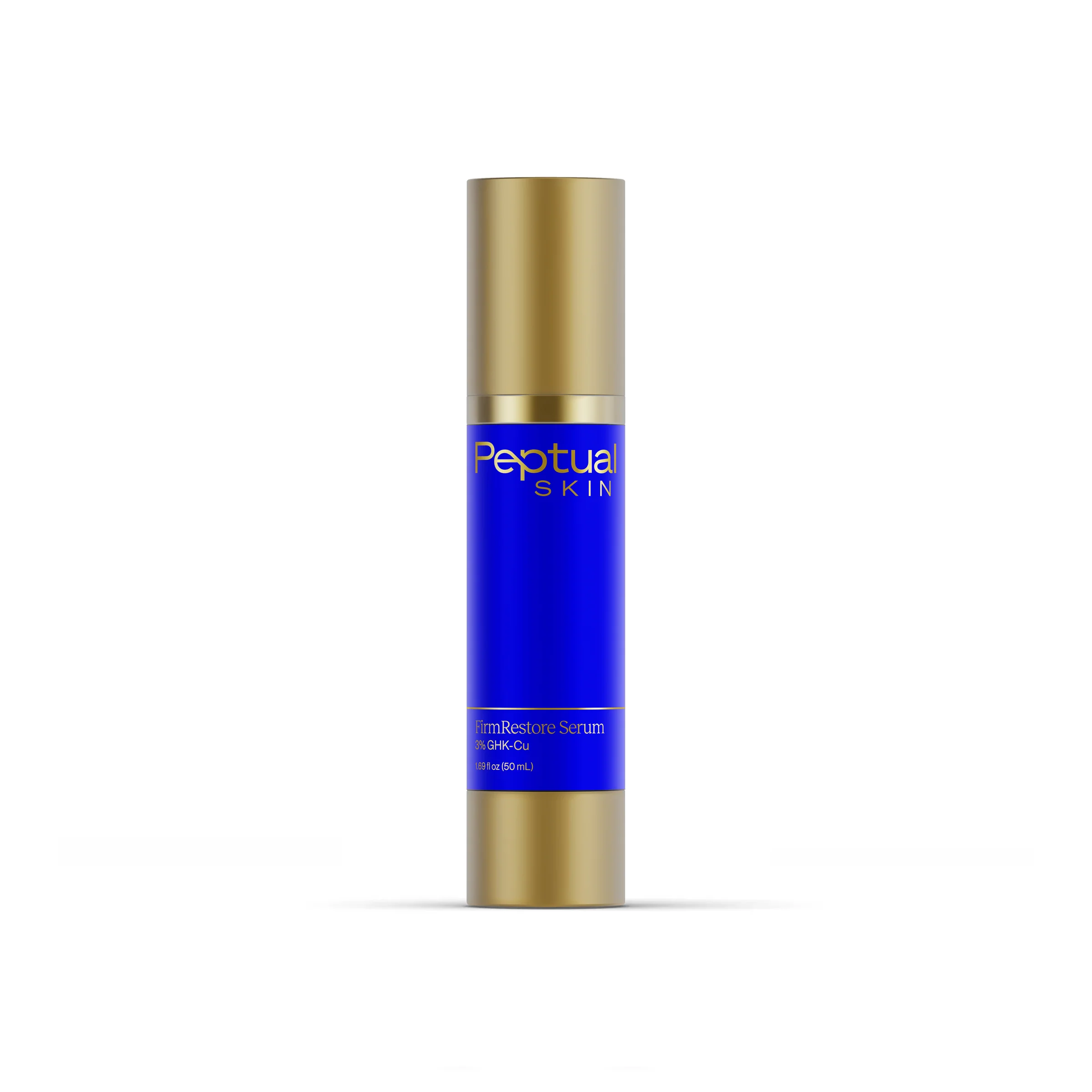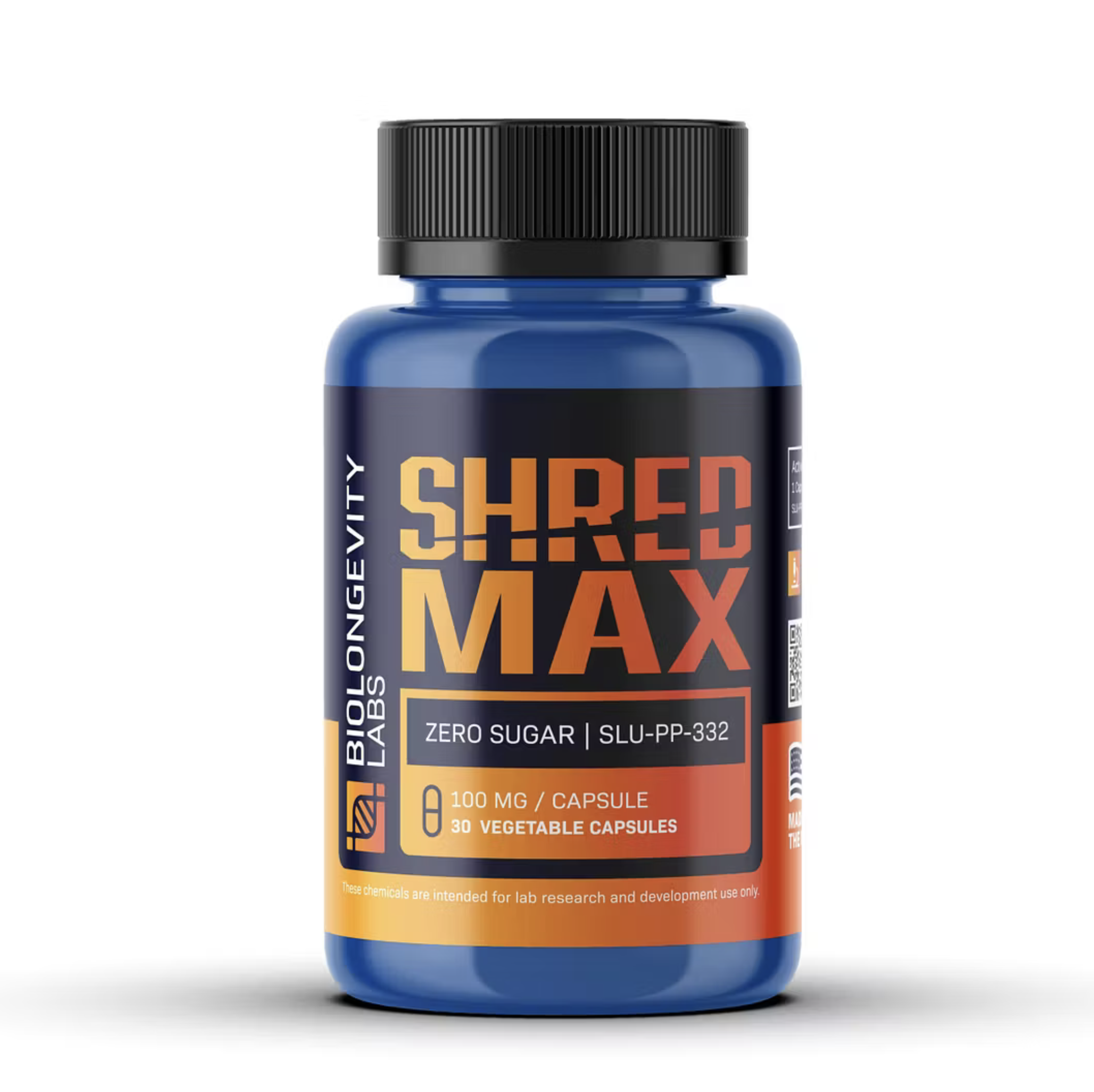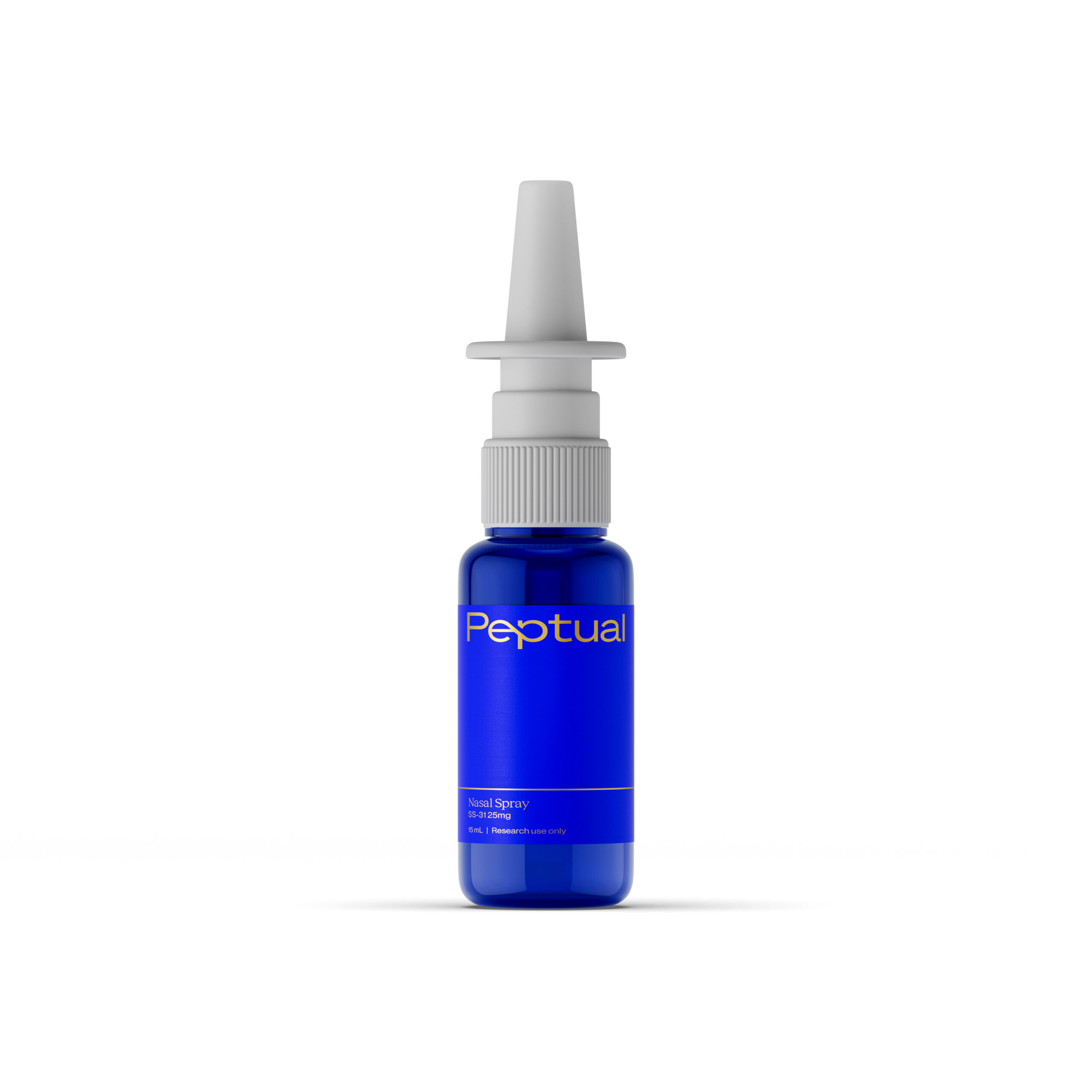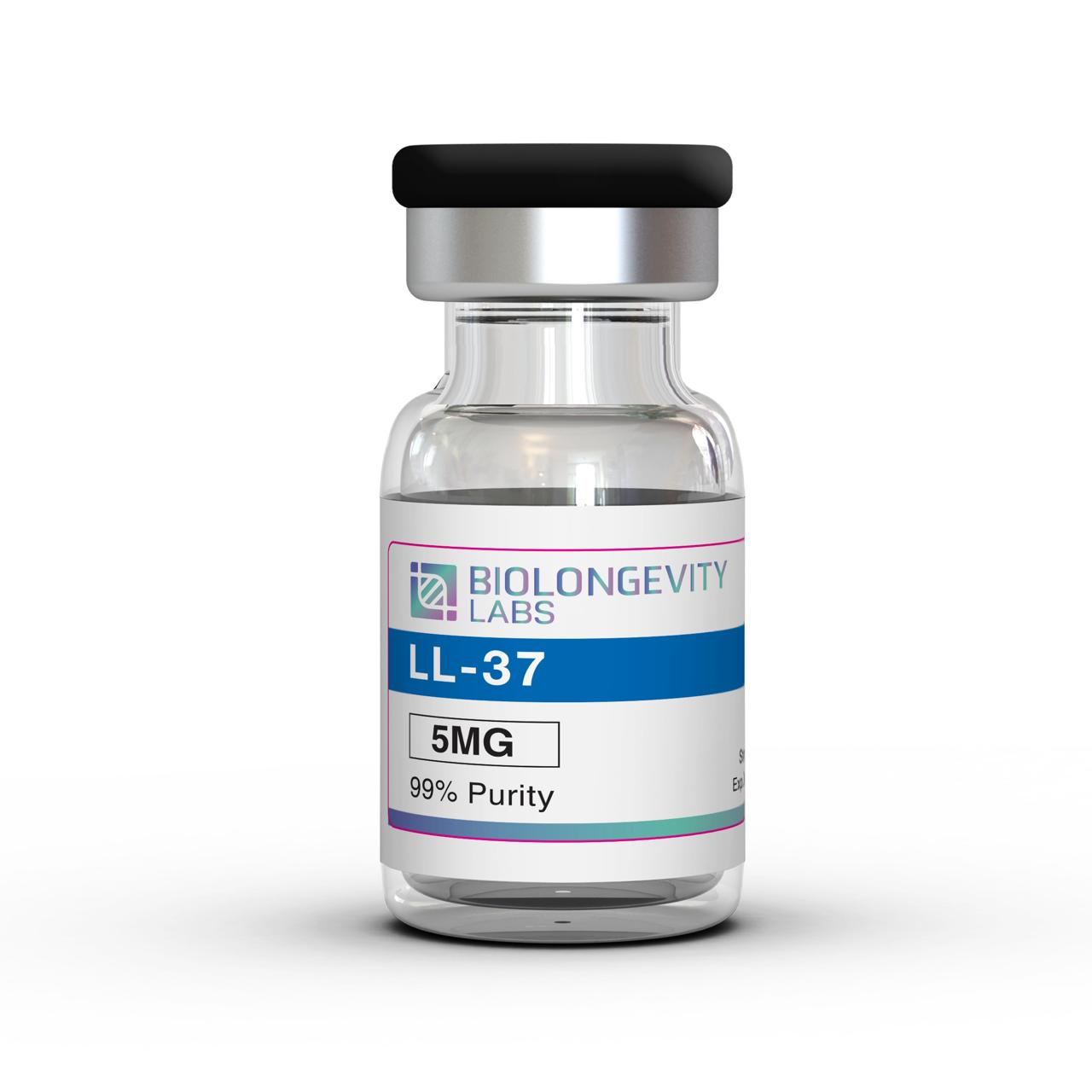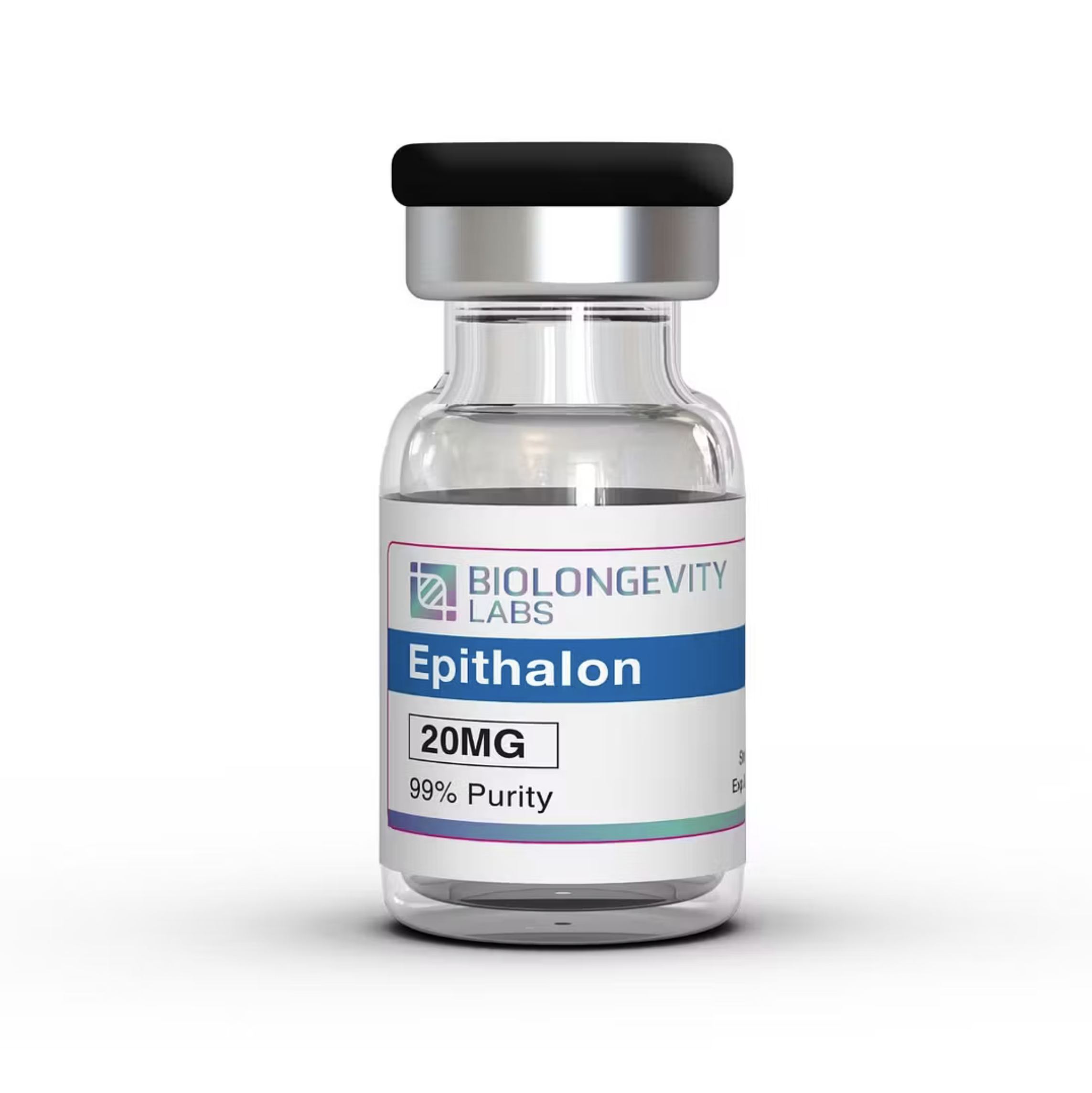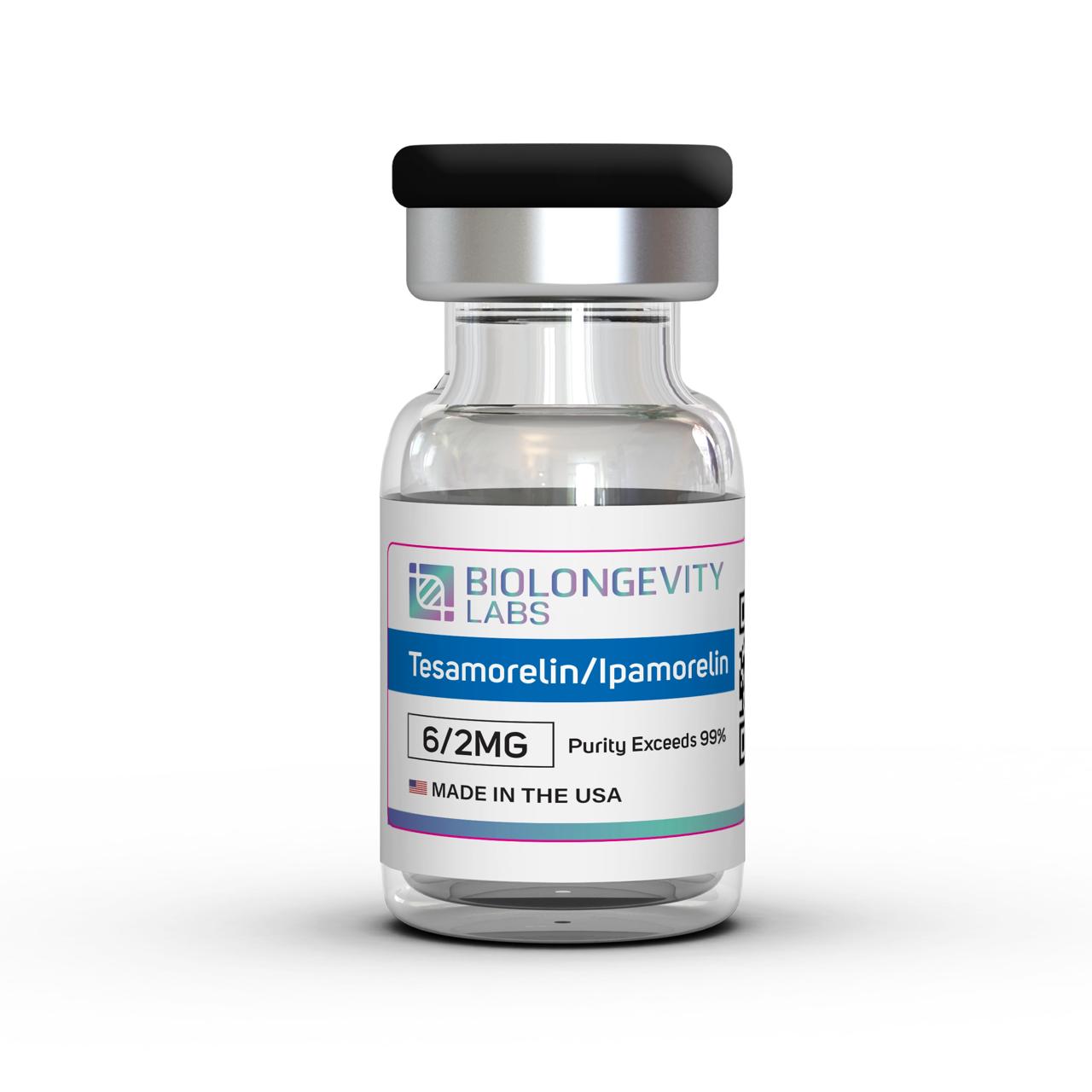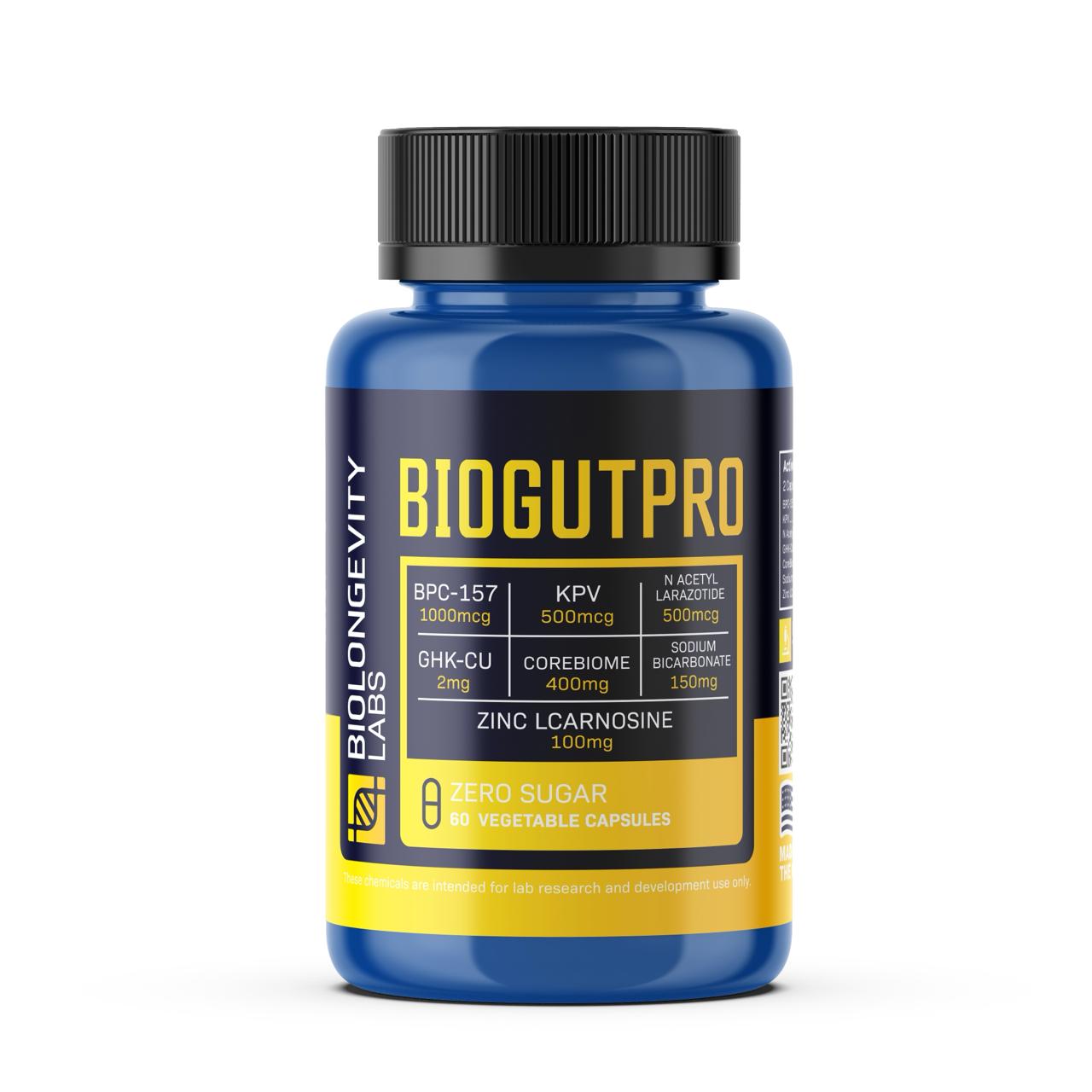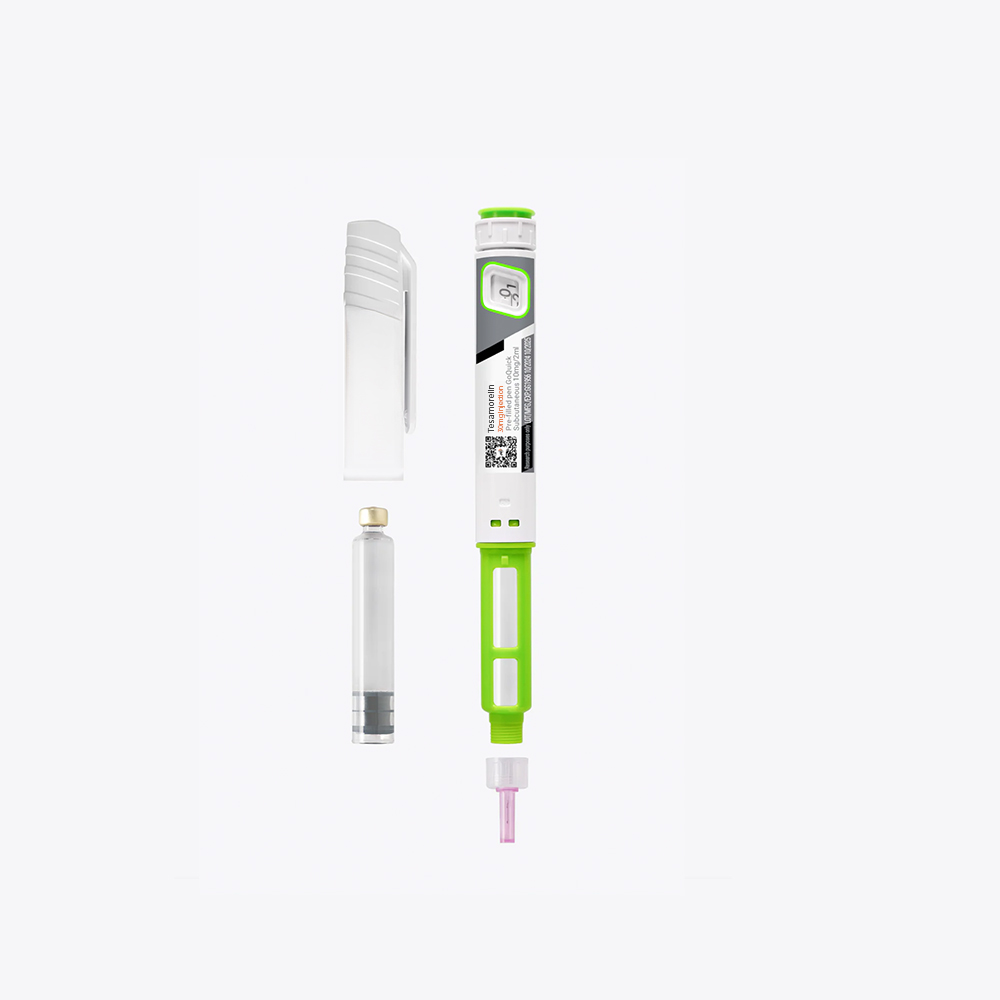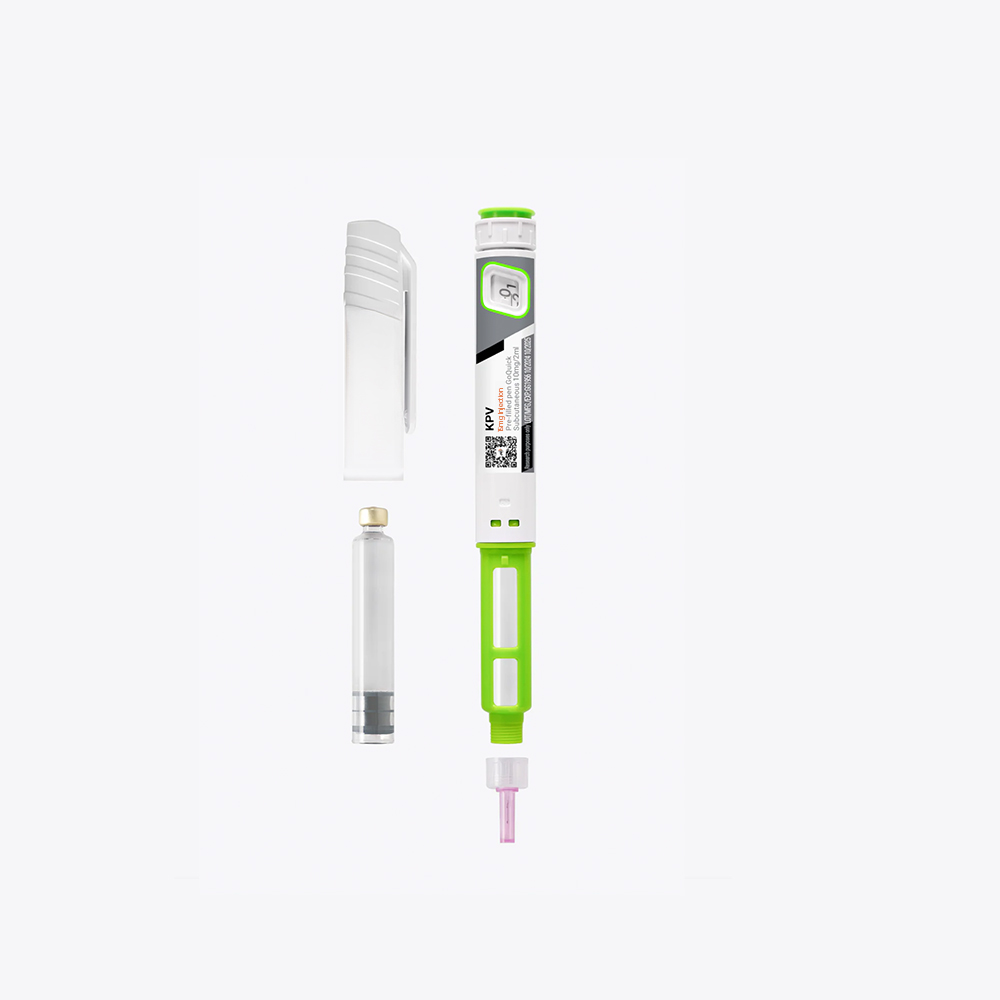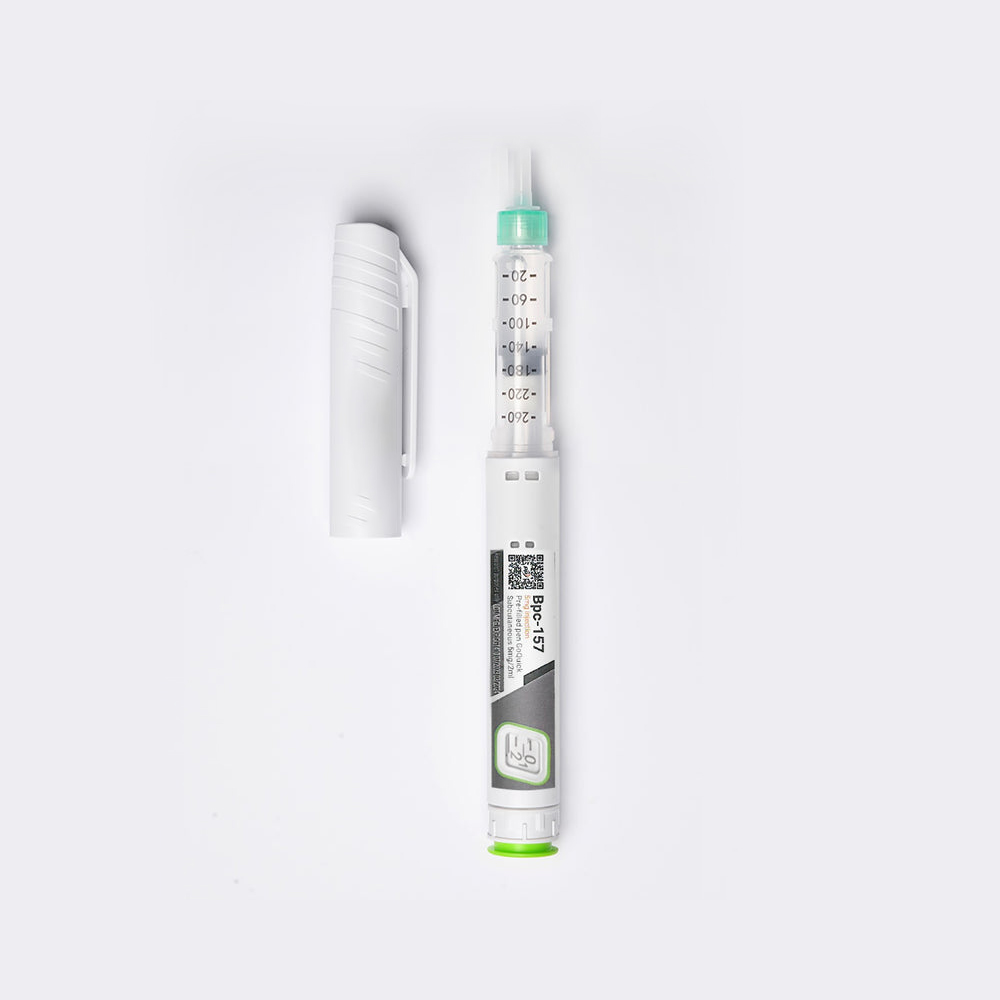Healing peptides: Research how peptides accelerate wound healing and tissue repair
Peptides, which are essentially short chains of amino acids, are increasingly being explored for their potential to accelerate wound healing and optimise tissue repair. These remarkable molecules can function as hormones, signalling agents, and even neurotransmitters, playing crucial roles in regulating various biological processes and functions in the body.
Emerging research highlights the significant impact of peptides on tissue regeneration, inflammation control, and the formation of new blood vessels—all essential components of the healing process.
✓ Fast delivery
✓ Premium Quality
✓ 3rd party tested
Thymalin | 30mg Peptide Pen
€184.00NAD+ Nasal Spray 500mg |15ml
€160.00FirmRestore- 3% GHK-Cu Serum
€250.00SS-31, 25mg Nasal Spray
€309.00LL-37 (5mg)
€95.00Epithalon (20mg)
€95.00BioGutPro 60 Capsules
€398.00Tesamorelin 30mg Peptide Pen
€325.00KPV 15mg Peptide Pen
€145.00BPC-157 | 15mg Peptide Pen
€160.00What are wound healing and tissue repair peptides?
Key healing peptides such as BPC 157, TB-500 peptide, and GHK-Cu have demonstrated the ability to enhance the regeneration of injured tissues, aid in muscle and tendon repair, and promote collagen production, respectively. With their natural occurrence in the body and targeted mechanisms of action, healing peptides present a promising avenue for optimising the healing process and reducing inflammation, ultimately leading to faster healing times and fewer side effects.
Healing peptides therapy
Peptide therapy involves the use of peptides to change or improve specific functions in the body. For instance, growth hormone-releasing peptides can stimulate the body’s production of human growth hormone, which can aid in bone and muscle recovery. Healing peptides can interact with cellular receptors to promote cell growth and proliferation, play a role in inflammation control, and stimulate the formation of new blood vessels – all of which are crucial for tissue repair and wound healing.
Peptides for healing are generally well-tolerated with few side effects due to their natural occurrence in the body. They have shown promise in various applications, such as tissue regeneration, wound repair, and muscle development, and are commonly used under healthcare professional supervision due to ongoing studies on their safety and efficacy.
The effects of peptides on tissue repair
Peptides play a crucial role in the process of tissue repair and healing. These short chains of amino acids have been found to possess a range of beneficial effects that can accelerate the body’s natural healing mechanisms.
One of the primary ways healing peptides influence tissue repair is by stimulating cell growth and proliferation. By interacting with cellular receptors, peptides can activate intracellular pathways that result in increased cell division and growth, which is vital for the repair and regeneration of damaged tissues.
Peptides for healing also demonstrate a remarkable ability to modulate the immune response, which is a crucial factor in the healing process. By controlling inflammation, healing peptides can help prevent it from becoming a barrier to the body’s healing efforts, allowing the repair and recovery of tissues to progress more efficiently.
Furthermore, peptides have been observed to stimulate angiogenesis, the formation of new blood vessels. This is essential for delivering oxygen and nutrients to the healing tissues, supporting their repair and recovery.
- BPC-157 enhances the regeneration of injured tissues
- TB-500 aids in muscle tissue repair
- GHK-Cu has anti-inflammatory properties and promotes collagen production
The effects of healing peptides in our peptide shop on tissue repair and healing are multifaceted and have been the subject of extensive research in the field of regenerative medicine. By harnessing the power of these natural compounds, healthcare professionals can potentially accelerate the healing process and improve patient outcomes.
Potential side effects and risks of peptides for healing
While healing peptides have shown promise in promoting tissue repair and wound healing, it is essential to be aware of their potential side effects and risks. One of the most commonly reported side effects is mild irritation at the injection site, which can manifest as redness, itching, or swelling.
Additionally, as peptides for healing are still a relatively new field in regenerative medicine, long-term safety and efficacy studies are ongoing. Therefore, it is crucial to use peptides under the supervision of a healthcare professional to ensure proper dosage and monitoring for any adverse reactions.
Some other potential side effects of healing peptide therapy may include:
- Hormonal imbalances, leading to mood swings, fatigue, and reduced sexual function
- Increased fluid retention, potentially exacerbating conditions like high blood pressure
- Stimulation of hunger hormones, resulting in unwanted weight gain
- Discomfort from nausea, frequent headaches, and joint discomfort
- Increased risk of insulin resistance and acromegaly (an overgrowth condition of body tissues)
It is essential to note that the effects of peptides can vary greatly from one individual to another, depending on the type and dose of peptides used. Caution should be exercised, especially in pregnant or breastfeeding individuals, those on medication, or individuals with pre-existing medical conditions.
As an alternative to peptides, resistance training and a balanced diet have been shown to be effective and safer methods for promoting tissue repair and muscle growth.
The potential benefits of healing peptides
The utilisation of healing peptides for tissue repair presents numerous potential advantages. These molecules may assist in accelerating wound healing and shortening recovery time from injuries, surgical procedures, or medical conditions, enabling a swifter return to normal activities. Many peptides also exhibit anti-inflammatory properties, which may alleviate pain associated with wounds while promoting overall tissue health.
Peptides for healing can be employed to stimulate tissue regeneration across a variety of tissues, including skin, muscle, bone, and ligaments. They may prove particularly beneficial in the treatment of chronic wounds or ulcers that have proven resistant to conventional therapies. The healing properties of peptides are essential for the body’s natural ability to mend and recover.
Healing peptides have been shown to hold promise in cellular repair, wound healing, and tissue regeneration. They present a promising avenue for the development of novel therapeutic interventions to improve healing and shorten recovery periods. Peptide-derived drugs and supplements have gained increasing attention in the field of medicine and personal care, offering potential solutions for a wide range of health concerns.
- Peptides may help accelerate wound healing and shorten recovery time from injuries, surgeries, or medical conditions.
- Many peptides possess anti-inflammatory properties, which can alleviate pain associated with wounds and promote overall tissue health.
- Peptides can be used to stimulate tissue regeneration in various tissues, including skin, muscle, bone, and ligaments.
- Peptides may be particularly beneficial in the treatment of chronic wounds or ulcers that are resistant to standard treatments.
- Peptide-derived drugs and supplements have gained increasing attention in the field of medicine and personal care, offering potential solutions for a wide range of health concerns.
Conclusion
Healing peptides hold great promise in the field of tissue repair and regenerative medicine. They possess the ability to promote cellular repair, reduce inflammation, and stimulate the release of growth hormone, all of which are crucial for effective tissue repair and wound healing. While the use of peptides for healing has shown significant potential, it is important to remember that they should only be used under the supervision of a healthcare professional to ensure their safety and effectiveness.
Healing peptides like IGF-1, TB-500, BPC-157, and GHRP-6 have been shown to enhance muscle growth, aid in recovery, and promote joint and tendon health. Another peptide, Melanotan II, can also contribute to overall well-being by promoting fat loss and aiding in muscle recovery and repair. The anti-inflammatory properties of these peptides can help shorten recovery times and improve the body’s healing processes.
As research continues to explore the long-term benefits and risks of peptide therapy, this emerging field presents a promising avenue for improving recovery and optimising the body’s natural healing. Healing peptides may aid in the treatment of delayed union and non-unions, as well as enhance fracture healing and connective tissue repair. However, the common side effects, such as injection site reactions and temporary water retention, should be monitored closely.
Peptides for healing can also play a significant role in gut health and the overall immune response. The mechano growth factor peptide, for instance, is known to support muscle development and reduce the risk of injury. Growth hormone-releasing hormone (GHRH) and its analogs are key peptides that stimulate the release of growth hormone, which is required for healing and natural growth.
To optimise recovery and support the healing journey, peptide shots or treatments may be recommended by healthcare professionals or peptide consultants. It’s important to note that while peptides for healing present a promising avenue for faster healing, more research is needed to fully understand their long-term effects and optimal usage.
With the increasing number of peptide drugs in development and the growing worldwide sales, the role of peptides for healing and tissue repair continues to be a topic of great interest and potential. As we continue to uncover the best healing peptides and their specific functions, we may see significant advancements in our ability to accelerate wound healing and optimize recovery across various medical fields.
Legal Disclaimer
This product is sold as a pure compound for research purposes only and is not meant for use as a dietary supplement. Please refer to our terms and conditions prior to purchase.
Safety Information: Keep this product out of the reach of children. This material has limited research available about it and may result in adverse effects if improperly handled or consumed. This product is not a dietary supplement, but a pure substance, sold as a raw material. Limitless Biotech (formerly known as Limitless Life Nootropics) attests exclusively to the quality, purity, and description of the materials provided. This product is for use and handling only by persons with the knowledge and equipment to safely handle this material. You agree to indemnify us for any adverse effects that may arise from improper handling and/or consumption of this product.
The articles and information on products that may be found on this website are provided exclusively for the purposes of providing information and education. These items are not pharmaceuticals or medications, and the Food and Drug Administration has not given permission for the treatment or prevention of any disease, medical condition, or ailment using them.
More popular products:

